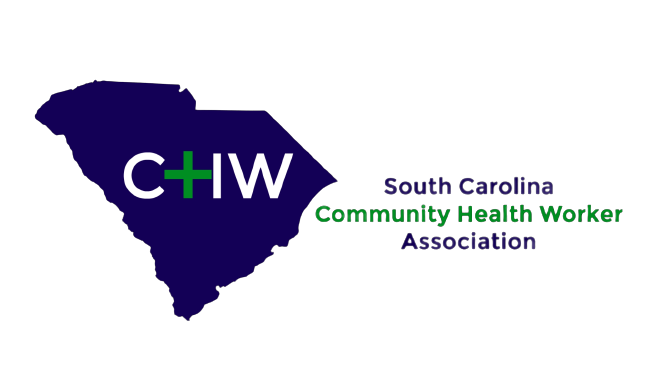Reaching the Most Vulnerable
Fifteen years ago, Julie Smithwick was a community health worker focused solely on new Latino mothers and families in South Carolina.
Today, she directs a new center in the Arnold School of Public Health that’s training hundreds of community health workers who assist vulnerable populations with health and social needs ranging from children with disabilities to adults with chronic diseases and more.
Smithwick’s successful track record has earned trust from government agencies, including the S.C. Department of Health and Human Services, which recently awarded the Center for Community Heath Alignment $3.6 million to train and equip community health workers and organizations around the state to help people without insurance address health and social challenges.
“Our priority populations are communities that experience the highest health inequities in South Carolina and beyond,” Smithwick says. “There is a lot of evidence that the community health worker model is effective — that trusted members of a community are sometimes the most effective people to connect their peers and neighbors to food or housing or mental health and medical resources.”
Smithwick’s journey began more than 20 years ago when she trained for several years as a community health worker in Ecuador, becoming fluent in the Spanish language and Latino culture of that country. When she returned to South Carolina to earn a master’s in social work degree from USC, the state had one of the nation’s fastest-growing Latino populations.
“During the second year of my field placement as an MSW student, I did research and presented a plan to start an initiative focused on Latina mothers with young children,” said Smithwick, who launched the Latino Perinatal Outreach Program — later renamed PASOs — in 2005 and led it until 2019.
To read the rest of this article Click Here
